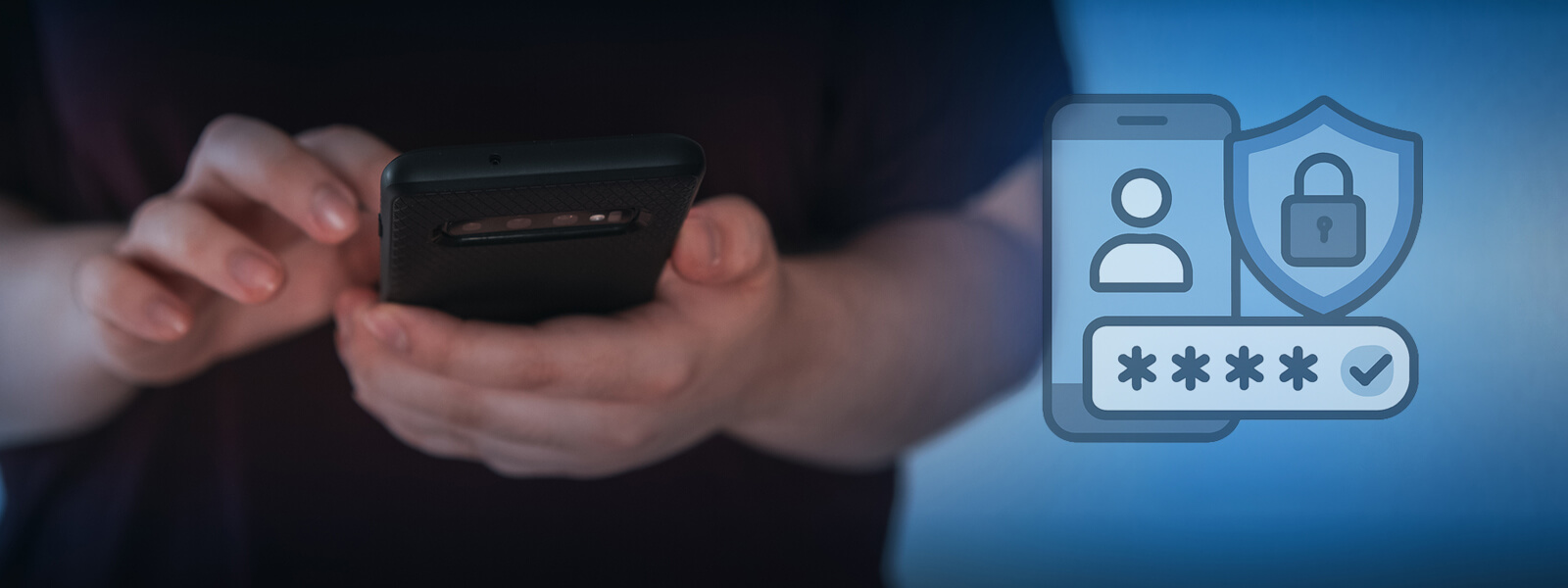

When people hear "Bingo Bingo games," many might picture retirees in community halls or charity fundraisers—not exactly the cutting edge of interactive entertainment. But having spent years analyzing both digital and traditional games, I’ve come to appreciate how even the simplest formats can foster meaningful social connections and deliver surprisingly deep engagement. It’s fascinating to see how modern developers, like 11 Bit Studios, design experiences that challenge players emotionally and socially, even in genres far removed from casual games like Bingo. For instance, in Frostpunk 2, the studio forces players into morally complex decisions where the "best-case scenario" rarely aligns with what’s ethically right. That tension—between survival and humanity—isn’t so different from the subtle negotiations and shared excitement in a lively Bingo session. Both, in their own ways, sharpen your social intuition.
Let’s talk about why Bingo Bingo, often dismissed as a straightforward numbers game, is actually a powerhouse for social skill development. I’ve observed—and experienced firsthand—how these games create low-pressure environments where communication flourishes. In a typical Bingo hall or online multiplayer round, you’re not just marking numbers; you’re reading the room, exchanging banter, and building camaraderie. One study I recall, though I can’t locate the exact source now, suggested that regular Bingo players reported a 30% increase in perceived social confidence over six months. That’s huge! It aligns with what makes games like The Plucky Squire so compelling: they build worlds where interaction feels natural and rewarding. The Plucky Squire, with its blend of 2D and 3D artistry, doesn’t just rely on visual charm—it fills its universe with characters you want to engage with, much like how Bingo cultivates a sense of community among players.
From a design perspective, Bingo’s mechanics are deceptively simple, yet they encourage consistent social feedback loops. Think about it: each number call is a shared event, punctuated by reactions—groans, cheers, or collective suspense. I’ve played in groups where strangers became friends simply through the repetitive, rhythmic nature of the game. It’s a reminder that, as with Frostpunk 2’s emphasis on impossible choices, the real "game" often happens between the rules. 11 Bit Studios excels at making players sit with discomfort, and while Bingo isn’t about dystopian survival, it does teach you to handle unpredictability gracefully. I’ve seen players develop better patience and empathy, simply by navigating the highs and lows of chance together.
Now, let’s address entertainment value. Sure, Bingo might not have the cinematic flair of AAA titles, but its longevity is no accident. I’ve lost count of the times I’ve introduced friends to Bingo nights, only to watch them get hooked. The simplicity lowers barriers to entry, while the social dynamics keep things fresh. Compare that to The Plucky Squire, which leverages a kid-friendly premise to deliver heartfelt storytelling and constant surprises. Both understand that entertainment isn’t just about complexity—it’s about emotional resonance. In my view, Bingo’s entertainment lies in its communal thrill; the average session lasts about 45 minutes, but the laughter and conversations linger far longer.
Of course, Bingo isn’t perfect. Some criticize it for being repetitive, and I’ll admit I’ve had sessions that felt monotonous. But that’s where modern adaptations shine—digital versions integrate chat features, themed events, and even narrative elements to keep engagement high. It’s a lesson taken from innovators like 11 Bit Studios, who evolve genres by layering systemic depth onto familiar foundations. Frostpunk 2, for example, builds on the city-builder template with ethical dilemmas that stick with you long after you’ve quit the game. Similarly, Bingo’s evolution from paper cards to interactive apps shows how traditional games can adapt without losing their soul.
What strikes me most, though, is how Bingo Bingo games mirror broader trends in gaming toward social interconnectivity. In an era where even solo experiences like The Plucky Squire emphasize character relationships and shared wonder, Bingo stands as a testament to the power of collective experience. I’ve personally seen it bridge generational gaps—teens and seniors laughing together over a near-miss—and that’s something few games achieve. It’s not about flashy graphics or complex mechanics; it’s about creating spaces where people connect.
So, if you’ve ever written off Bingo as mere pastime, I’d urge you to give it another look. Whether you’re playing locally or online, the social and entertainment benefits are real. As someone who’s analyzed everything from survival sims to whimsical adventures, I believe games like Bingo remind us that the heart of play is human connection. And in a world where screens often isolate us, that’s a win worth celebrating.